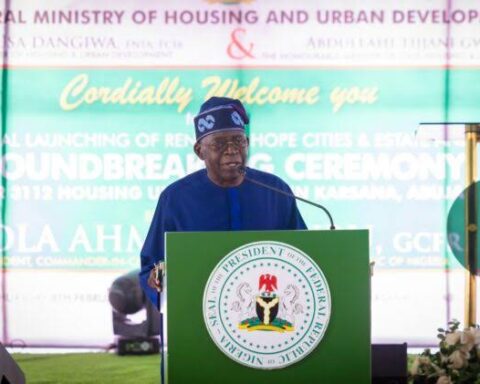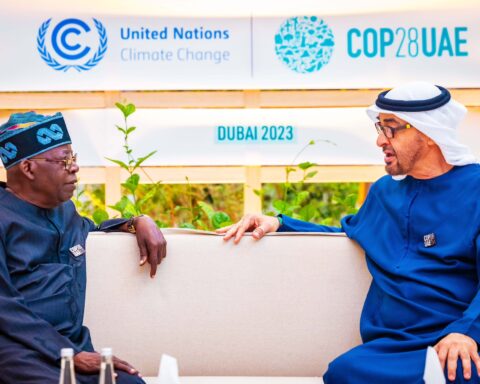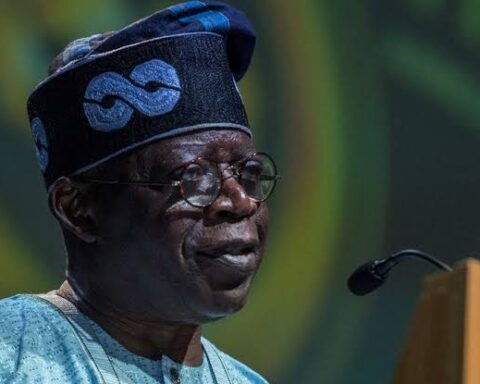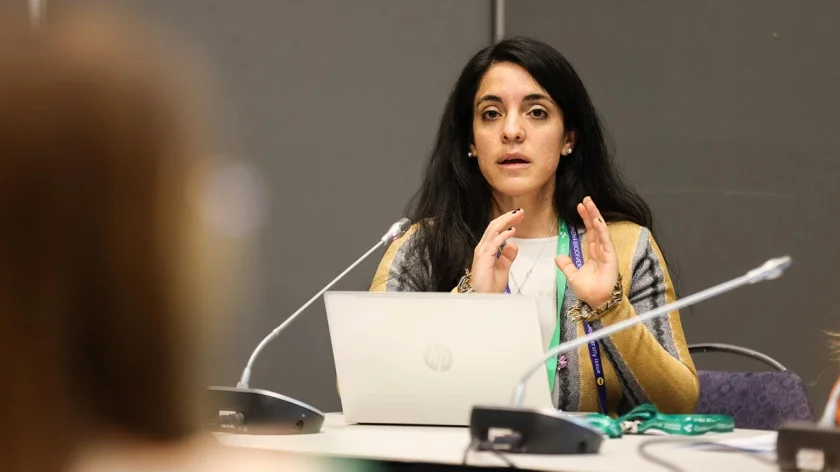Nigeria President Bola Tinubu has approved the establishment of the Presidential Compressed Natural Gas Initiative (PCNGI) an initiative aims at easing the impact of fuel subsidy removal on Nigerians by reducing energy costs.
This transformative initiative according to a statement by Ajuri Ngelale, Special Adviser to the President on Media and Publicity is to revolutionise the transportation landscape targeting over 11,500 new CNG-enabled vehicles and 55,000 CNG conversion kits for existing PMS-dependent vehicles.
He said the initiative would also encourage in-country manufacturing, local assembly and expansive job creation in line with the presidential directive.
The initiative comprises a Comprehensive Adoption Strategy and includes the following: Empowering Workshops Programme with Nationwide Network of Workshops and Local Assembly and Job Creation.
Tinubu said that these are key points of emphasis of the initiative with an initial focus on mass transit systems and student hubs to significantly reduce transit costs for the general populace in the immediate term.
He said that the PCNGI would ensure seamless integration of CNG utility within the current midstream and downstream energy value chain to support its sustainability.
The president said that the PCNGI would facilitate the provision of workshops across all geopolitical zones and states with essential kits and comprehensive training for newly employed staff, thus creating new opportunities for technical skill development and employment.
Tinubu added that the nationwide network of workshops, to be established through the initiative, would ensure widespread access and demand side utilisation of CNG technology and CNG-related expertise.
This, he said, would facilitate smoother transitions for vehicle owners for the wider benefit of the Nigerian economy.
Under the PCNGI, the following strategic objectives are expected to be achieved:
The development of new stakeholder-operated Intrastate Mass Transit systems built on CNG.
Support for states to on-board new CNG buses as part of their Intrastate Mass Transit network (wholesale conversion, retro-fitting and new purchase).
The deployment of CNG buses through existing Private Mass Transit operators, including new financing programmes for operators through an innovative asset finance programme.
Incentivise investors to invest in CNG processing, distribution and utilisation by providing incentives for enhanced investment and partnership.
Deliver training and technology transfer to support the After-Sales Services and maintenance sub-industry to create sustainable jobs.
The President said the focus on assembling CNG-enabled vehicles within the country would stimulate economic growth, create employment opportunities, and bolster the nation’s automotive manufacturing capabilities.
He said that it also underscores the administration’s commitment to a cleaner environment by reducing carbon emissions and promoting energy security through the utilisation of domestic natural gas resources.
By Dare Akogun








